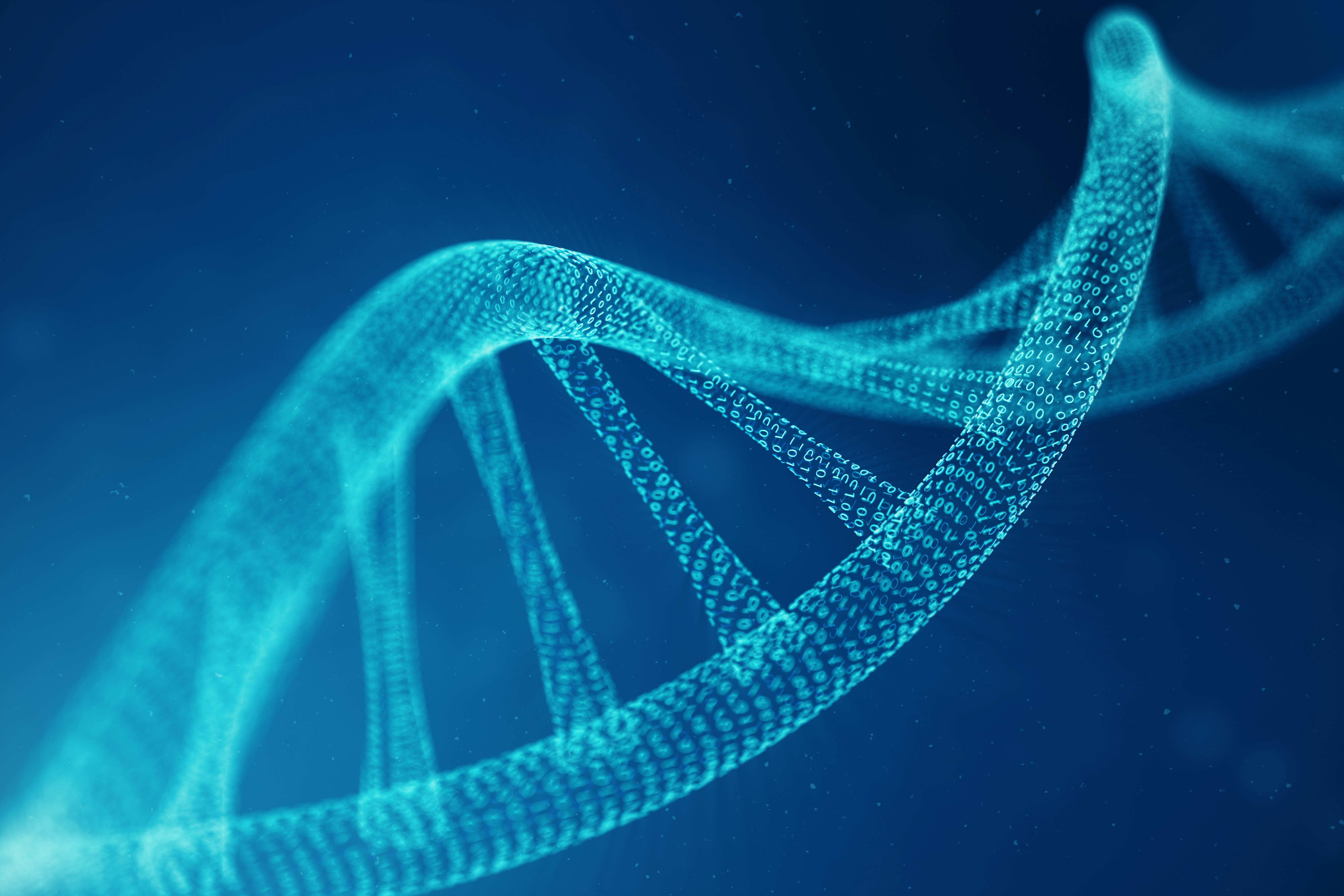Pushing the Boundaries: Digital technologies transforming the biopharma value chain

Who are the game changers now that IT/tech companies including Google, Facebook, Amazon, Apple, IBM, Microsoft and others, such as the insurers AOK, have emerged onto the playing field? These behemoths bring powerful new ways to explore “beyond the pill” approaches in the digital health space including AI, machine learning, blockchain, and more.
For this BIO-Europe Spring® session, moderated by Martin Poehlchen, senior partner at Alira Health, the panel discussed trends in the digital transformation of healthcare and pharma, and how the tech titans are challenging the old health models.
There has been an explosion in the health space, as startups proliferate, seeking new ways to thrive by solving long-standing problems. Sarah Hogan, partner at McDermott Will & Emery LLP, outlined how digital medicine can be roughly divided into a three-slice pie: digital health, which can include intelligent drug design, skin as a platform, and blockchain-enabled hospitals; biotech, which is probably the slice most familiar to the BIO-Europe Spring audience, containing anti-aging therapies, RNA-based therapies and CAR T-cell therapies; and medtech devices, which cover handheld diagnosis, neuro-technology and bioprinting.
Boehringer Ingelheim’s global head of BD&L technologies, Bernd Nosse, spoke of “in silico- supported design,” with his company having a venture fund for digital initiatives, plus some digital labs for internal customs, called “BIX.” In drug discovery, Bernd sees digital drug discovery being at its best where four elements align: an understanding of patients; an understanding of disease biology; the discovery of intervention options; and creating the infrastructure to make everything else come together.
This helps address the issue of databases within pharmaceutical companies historically being developed in silos, by bringing data together into a data lake, through which the company’s internal researchers can gracefully dive, seeking undiscovered pearls of wisdom. The approach is to start from disease-relevant data and enrich it by adding in extra data sets, such as genomics. In this way, digital can add value through the entire drug discovery pathway, from target identification through to preclinical profiling for toxicology, and on into Phase I/IIa trials.
Nora Khaldi, founder and CSO of Nuritas, outlined how clever use of machine learning can take drug discovery in a fruitful direction. At Nuritas, the company is using AI to predict the next generation of medically useful peptides from among the almost infinite peptide universe: a single apple can have 30 billion peptides. The AI searches through publications and biodata sets, such as proteomics libraries, to identify features for ligands to bind, for example to find a peptide that could reverse liver damage. Nuritas has worked with BASF to launch an anti-inflammatory in under two years. In Nora’s view, the key to measuring data quality is the yield of successes such as these.
From OWKIN, business development associate Etienne Bendjebbar covered how he works with several hospitals and major pharmaceutical companies to extract knowledge from clinical databases and derive value from it. Etienne sees machine learning improving drug discovery, as increasingly accurate models are created using the techniques of federated learning and neural networks. This can help build bridges between pharmaceutical companies and hospitals, pulling together genomic and clinical data sets, while minimizing data privacy issues. In the respiratory disease mesothelioma, OWKIN’s technology has been deployed to ensure high and low survival patterns can be more accurately distinguished, and therapies provided accordingly. The company has also worked with a pharmaceutical company to re-analyze data from a failed Phase III cardiovascular trial to restratify patients, and pull out those who really did benefit from the therapy.
Moving into the world of infectious diseases, Andreas Posch, CEO of Ares Genetics, opined on how digital diagnostics with added AI can help rapidly match patients to treatments, especially in the area of antimicrobial resistance, which is fast becoming a global medical crisis. Here, a digital approach, coupled with open innovation, can help rescue the market, one which the industry has notoriously all but abandoned. At the heart of it, DNA sequencing of any patient sample is run through an AI-powered interpretation platform to rapidly deliver precision therapy. This enables faster patient recovery, improved survival, and reduced healthcare costs.
The panel discussed that as there is still a lot of inefficiency in R&D and clinical trials, digital-based business models can improve much of the biopharmaceutical value chain, especially clinical trials, discovering biomarkers, and shaving valuable time off compound and process optimization. Nora reckoned the least use is in early-stage drug discovery, as so much basic biology remains unknown there is scant data for the AI to search through for pattern recognition. A significant challenge, as highlighted by Etienne, is finding meaningful questions to answer using AI. To provide good answers, high quality data is needed. How to practically integrate and harmonize data sets is a thorny problem, and while clinical data is richer, and more curated, a fundamental issue is whether the data is representative once outside the confines of a trial.
On this point Nora added in some of the things that aren’t typically considered in trials, such as how sleeping patterns affect drugs, and how global changes in diet have changed insulin responses to food. If there were more digitally-enabled monitoring of factors like these, that could provide insights on how existing drugs could work better. Sarah added that the pharmaceutical industry doesn’t yet understand how to apply digital and secure value, that it is very hard to reconcile privacy with the need to access data, and that when it comes to the issue of who owns the data in the value chain that is all in a mess!
Mark your calendar in the fall for BIO-Europe in Hamburg, Germany, November 11–13 where we're celebrating 25 years of facilitating partnerships that drive life science dealmaking.
